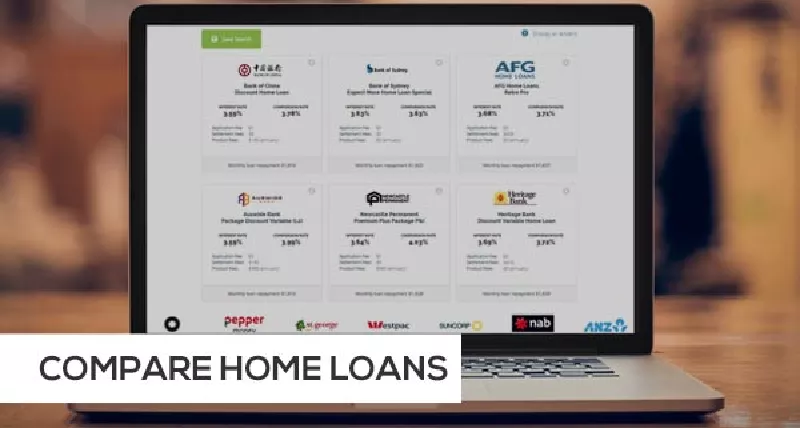Fixed Rate Home Loans
What are the benefits and limitations of fixing your home loan
When it comes to your home loan, one of the key decisions you must make is deciding between a fixed rate and/or a variable rate home loan. In this article, we will delve into the benefits and limitations of a fixed rate home loan.
The Benefits of Fixed Rate Home Loans
Certainty in Monthly Repayments
One of the primary benefits of a fixed rate home loan is that it provides you with a regular and stabile monthly loan repayment. This means managing your budget is easier, as what is often your largest monthly expense will remain the same for the duration of the fixed rate period, regardless of any fluctuations in variable interest rates.
Easier Financial Planning
Fixed rate home loans make budgeting and planning more straightforward as you can accurately forecast your mortgage expenses over the fixed term period. This can be particularly beneficial for those who prefer a clear financial roadmap and want to avoid any surprises.
Protection from Interest Rate Rises
By locking in a fixed interest rate, you are protected from any sudden increases in interest rates. Which would lead to a higher monthly loan repayment. This can provide peace of mind and financial security, especially during periods of economic uncertainty.
The Limitations of Fixed Rate Home Loans
Lack of Flexibility
Although each lender may have different policies, typically a fixed rate home loan will have limitations when compared with a variable rate product. Typically, there are restrictions on making extra repayments (often limited to $10,000 extra each year) and you may not have access to either redraw or an offset account during the fixed rate period.
Break Fees
Before deciding to fix the interest rate on your home loan, it is critical you understand the potential risk of incurring a break fee. Although the trigger for incurring a break fee may vary between different lenders, a break fees occur when your fully repay your home loan or make additional repayments above the allowed limit (whilst your interest rate is still fixed).
A reason you might repay your home loan early is refinance to another lender, selling your property or come into a windfall (inheritance etc). In the worst case scenario, break fees can run into the tens of thousands of dollars, this typically occurs when there is a considerable term left on the fixed rate period and/or the different between your fixed rate and the current market rate is quite large.
Potential Interest Rate Decreases
Although fixing your home loan will protect you from intertest rate increases, it does also mean you would miss out on potential savings if interest rates were to decrease during the fixed rate period. Should interest rates decrease, you might end up paying more in interest over the term of the fixed rate period, compared to a variable rate home loan over the same period.
In conclusion, a fixed rate home loan has a variety of benefits and limitations, which we have tried to cover above. Ultimately the decision whether to fix your home loan rate, will depend on your circumstance, motivation and risk tolerance. What are you looking to achieve from fixing your interest rate and what are your short-, medium- and long-term plans?
Furthermore, the decision to fix your interest rate, is not a case of one or the other. Most lenders will allow you to have both a fixed rate home loan and a variable rate home loan, allowing you to balance out your goals and objectives.
If your goal is stability and certainty in your budget, this is what a fixed rate home loan does best. In my opinion this should be your primary motivation when deciding to fix your interest rate.
Weigh up the benefits and limitations outlined above, and we always recommend speaking with your lender or mortgage broker, before proceeding with fixing your home loan.





